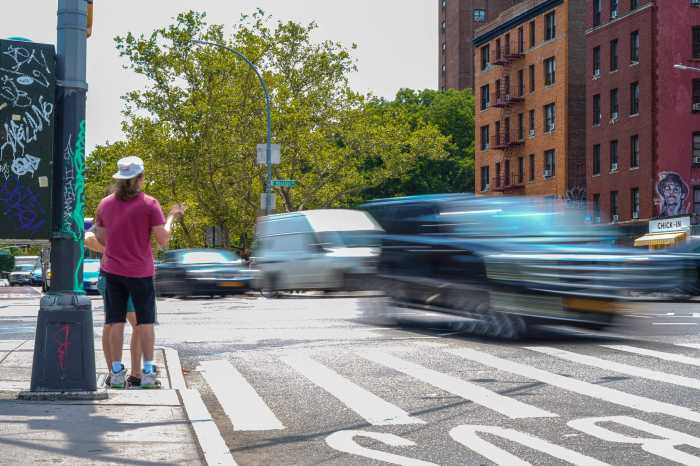By Rory I. Lancman
For decades, New York City has imposed overly harsh penalties on individuals who commit low-level, nonviolent offenses. Guided by the ill-conceived broken windows policing strategy, countless men and women have been run through the criminal justice system solely for committing a petty, victimless offense.
In 2015 alone, the NYPD issued more than 150,000 criminal summonses for the following offenses: having an open container, littering, unreasonable noise, staying in the park after hours, and public urination. Those who received a criminal summons but failed to appear in court were issued an open warrant.
This overzealous enforcement made no sense. Law enforcement resources were focused on petty infractions, instead of stopping serious crimes. Our courts were further overburdened with a backlog of cases involving minor infractions. Worse yet, the enforcement of these low-level offenses disproportionately impacted communities of color. This was neither fair nor just.
Our criminal justice system was in dire need of reform. I am proud to say that the New York City Council has taken important steps forward to ensure that the city is holding people accountable in a way that is fair and appropriate.
The Criminal Justice Reform Act, passed by the Council last year, required the NYPD to create and publicly issue new guidelines governing when individuals stopped for certain petty offenses would receive a civil summons, similar to a parking ticket, and when they would be funneled through the criminal justice system.
Last week the NYPD finally updated its patrol guide with the new enforcement guidelines. For certain petty offenses, including having an open container of alcohol and littering, a civil summons will now be the default in most cases. A civil summons will make certain that those individuals who commit these acts will be held accountable, but instead of being run through criminal courts, perpetrators will pay a fine or do community service.
Replacing many criminal summonses with civil ones will ease the burden on our overly congested justice system by diverting up to 100,000 cases a year away from criminal court and into a simpler civil process. This is substantial progress. Not only will our courts be able to run more efficiently, but it will prevent people from becoming unnecessarily involved in the criminal justice system.
While the new NYPD enforcement guidelines are not perfect, particularly the exceptions, there is no doubt that they are an important step in the right direction for New York City.
It is my hope that the new guidelines are the start of lasting change on how New York City penalizes nonviolent, low-level offenses. We have much work that needs to be done in the months to come to make certain that every New Yorker is being treated fairly, and that our tax dollars are focused on combating serious crime.
Rory I. Lancman
Councilman
D-Hillcrest


































